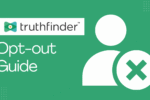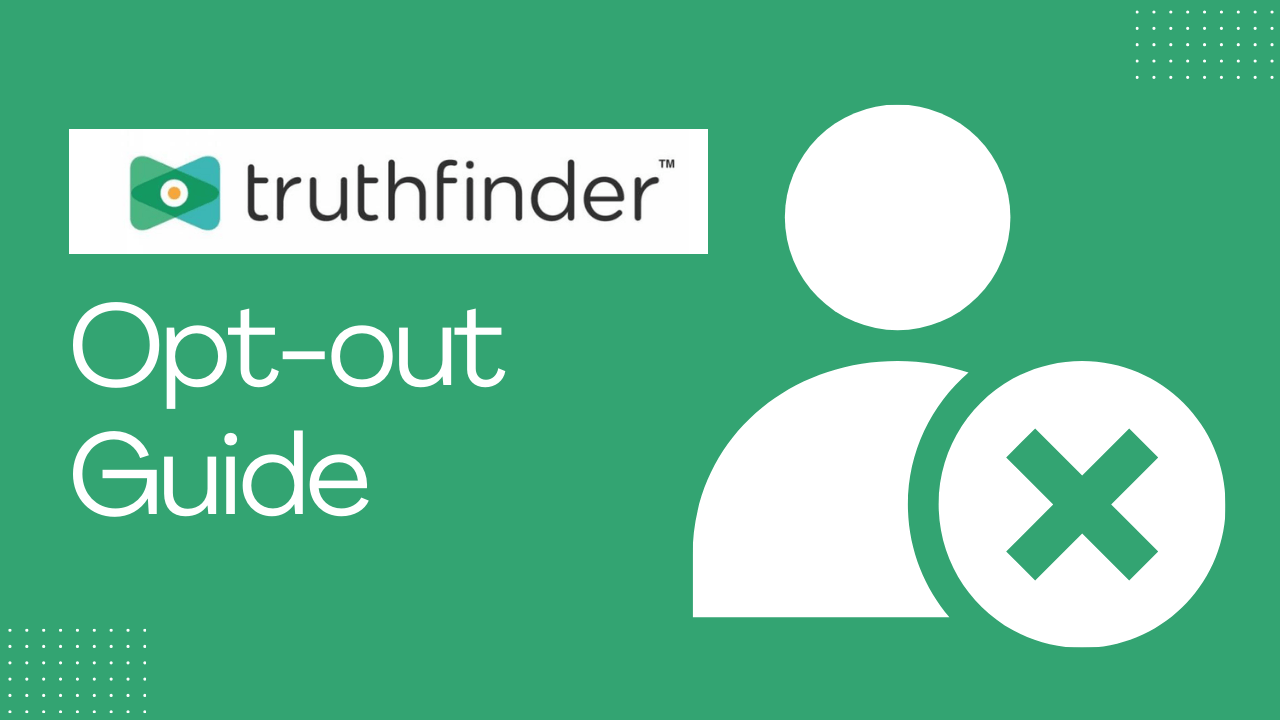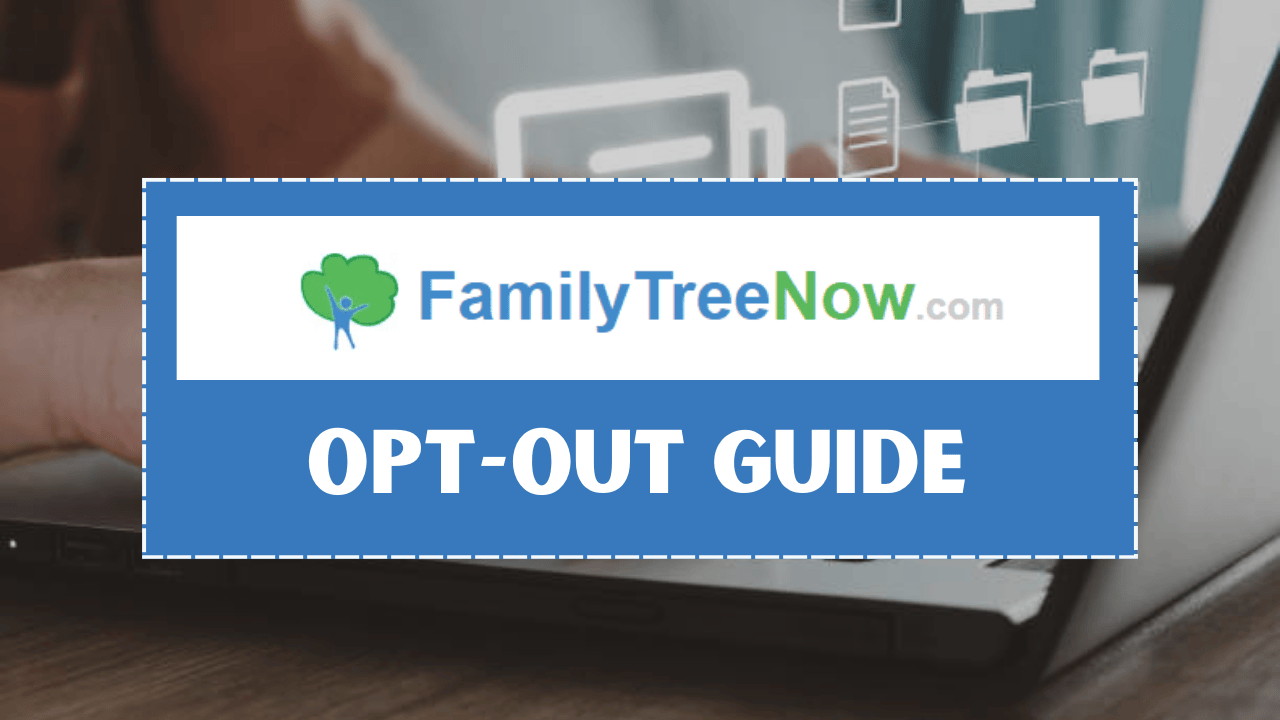At first, you might think ClustrMaps is something like Google Maps that shows clusters of businesses or activities. But it’s not. Instead, ClustrMaps is a people search site. It allows anyone to type in a name and find an address—or type in an address and find out who lives there. That means advertisers, marketers, and unfortunately even stalkers, can use it to find where you live.
That’s why it’s important to protect your privacy. In this guide, we’ll walk through how to opt out of ClustrMaps so your personal details don’t show up there anymore.
Removing yourself from ClustrMaps manually is completely free and can be done on their site. But if you want a faster and more thorough solution, you may want to look into a data removal service. These services don’t just remove you from ClustrMaps, but from dozens (sometimes hundreds) of similar people search sites.
When we tested a few different services, one of the most effective was Incogni. It was quick, easy to use, and gave us good results. Of course, Incogni isn’t the only option—there are several reliable data removal services out there. No matter which one you choose, the goal is the same: to take back control of your personal information and reduce the risks that come with having your data spread across the internet.
How do I opt out of ClustrMaps?
You can opt out of ClustrMaps without an account by using its Removal Request form. First, find your profile on clustrmaps.com and copy the listing URL. Then open the opt-out page, enter your name, email, listing URL, and the address exactly as it appears, and submit. Confirm any email verification and the record should be removed; cached search results may linger briefly.
What is ClustrMaps and why remove your listing?
ClustrMaps is a people-search website that links names to home addresses. Basically, you can type in someone’s name to find where they live—or type in an address to see who lives there. But that’s not all. The site often shows much more than just an address. Search results can include family member names, details from court records, and other personal information pulled from public sources.
This becomes a real safety concern. For example, stalkers could use ClustrMaps to track your current address whenever you move. Even if you have a strong home security system, having your address exposed puts you at risk. On top of that, marketers use ClustrMaps to target you with junk mail. Since they know your name, address, and even your relatives, the spam looks more personal and harder to ignore.
Did You Know?
ClustrMaps isn’t breaking the law by collecting this information—it’s legal because they only use publicly available data. Still, that doesn’t make it any less unsettling. The good news is you can request to opt out of ClustrMaps, and using a data removal service can make the process easier and help protect your privacy in the long run.
How to Opt Out of ClustrMaps Without an Account
Yes—you can remove your information from ClustrMaps even if you don’t have an account. The process is done through their online opt-out form, and all you need is:
- The URL of your profile on ClustrMaps
- The exact name and address as shown on the listing
- A working email address (to get the confirmation link and updates)
Step-by-Step Guide to Remove Your Info from ClustrMaps
1. Find your listing
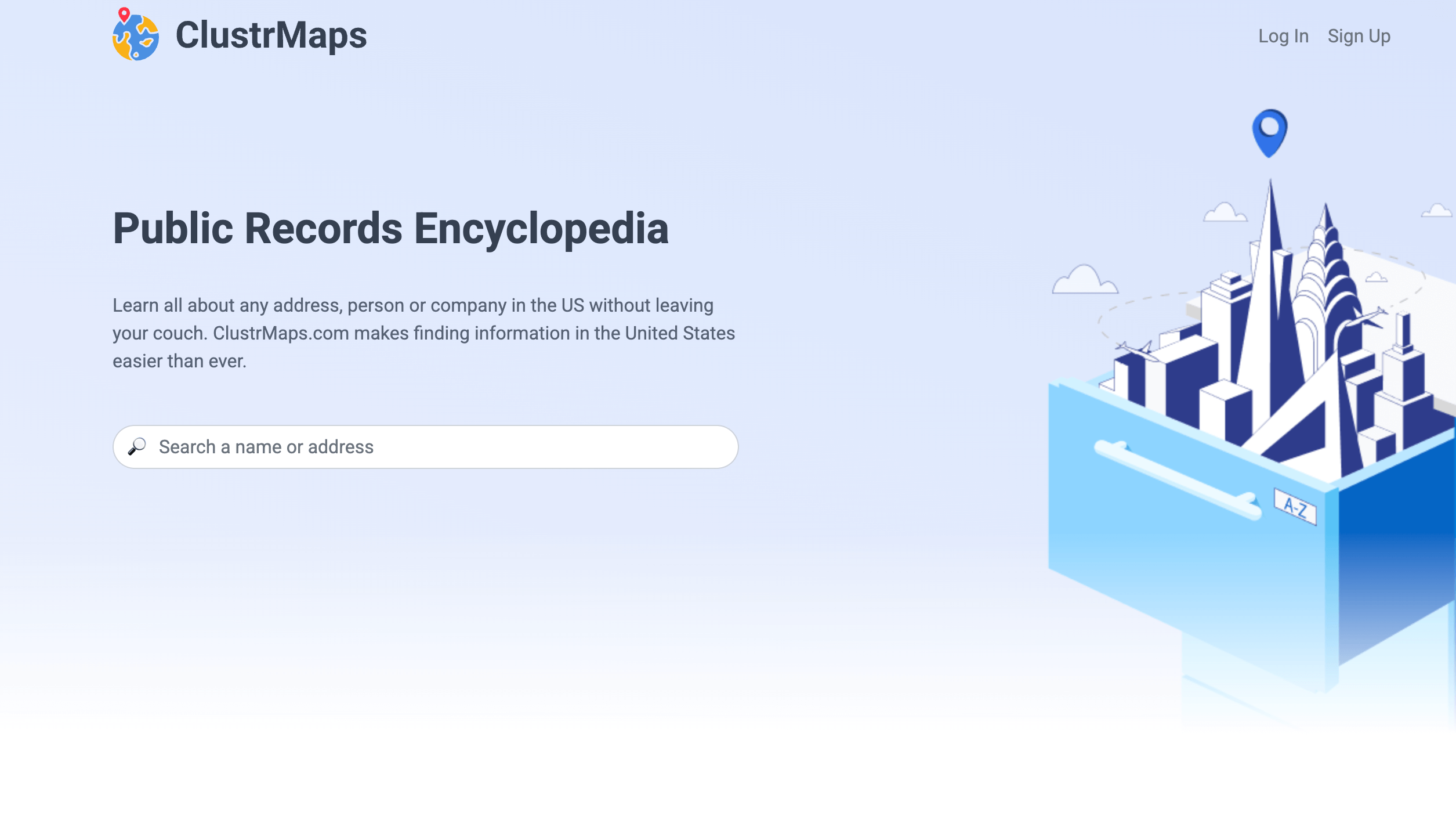
- Go to ClustrMaps.com
- Search using your full name + city/state or your street address
- Open the correct profile and copy the full URL from the browser’s address bar
2. Open the Removal Request form
- Go to the ClustrMaps Removal Request page
- Fill in your name, email, profile URL, and address (make sure it matches exactly as shown on the listing)
- Submit the form
3. Choose what to delete

- The form will display the information linked to your profile
- Select the details you want removed (like your name, phone number, or address)
- Click Apply
4. Confirm your email
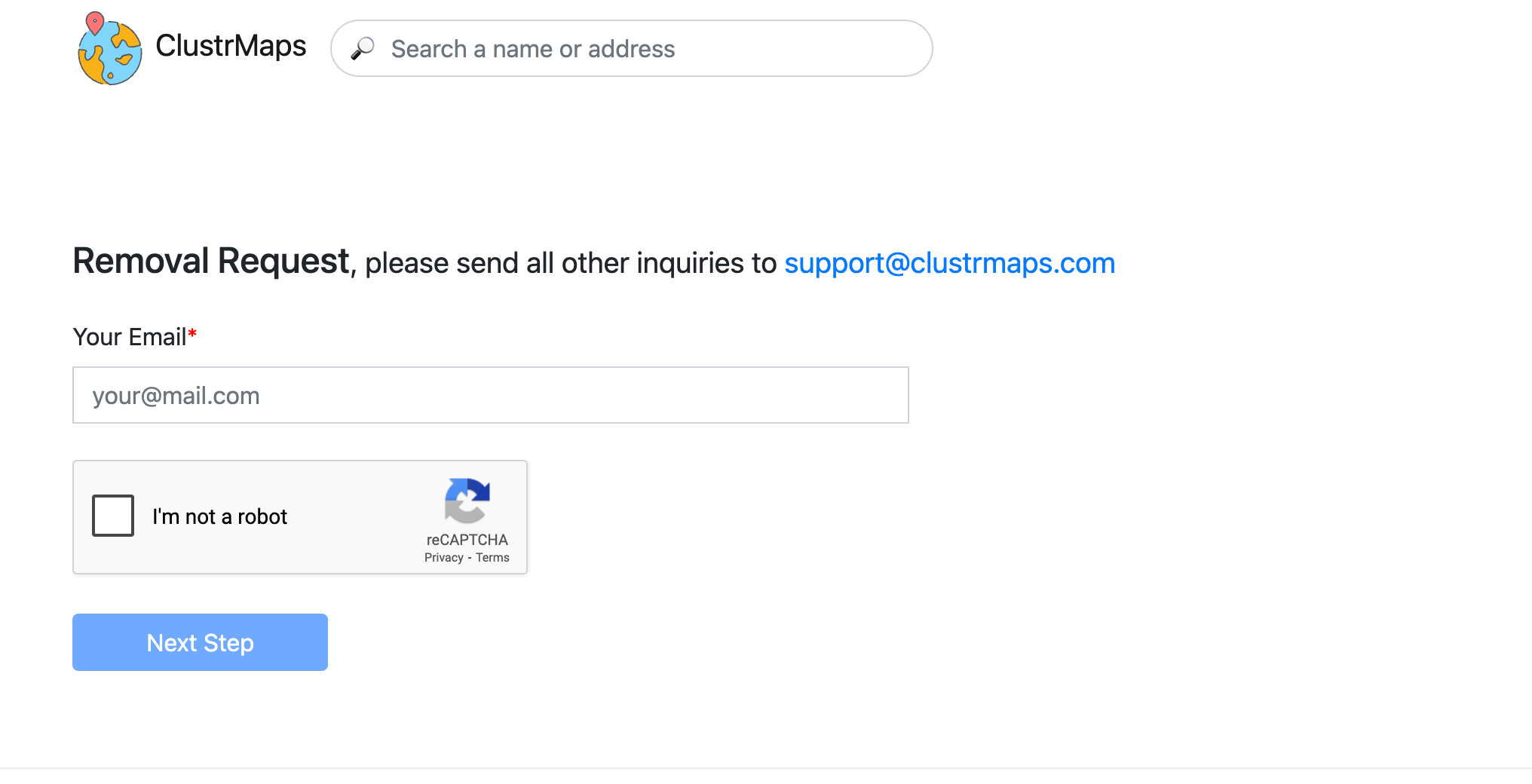
- ClustrMaps may send a verification email
- Open it and click the link to confirm your request
- If you don’t see the email, check your spam/junk folder
5. Check your listing again
- Open ClustrMaps in a private/incognito window or clear your browser cache
- The profile should disappear quickly from the site
- Search engines like Google or Bing may still show the old link for a week or two, but it usually disappears once they refresh their index
How long does it take?
- On ClustrMaps itself: Removals typically process immediately after a successful request, according to multiple step-throughs.
- In search results: The old link may still appear for several days up to ~2 weeks while Google/Bing refresh caches. Clicking usually returns a missing/updated page once the source is removed.
Common Issues (and Fixes)
- “We couldn’t find that record”→ Make sure you copied the profile details page URL, not a search results page. Also, the name and address must match exactly (like “Street” vs. “St.”).
- No confirmation email→ Wait a few minutes, check spam, and if nothing arrives, resubmit or contact ClustrMaps support.
- Multiple listings → You’ll need to submit a separate removal request for each profile (search variations like middle names, initials, or old addresses).
- Still seeing it on Google → It may just be cached. You can also use Google’s Outdated Content tool to speed up removal.
Alternative Removal Method
If the form isn’t working, you can contact ClustrMaps support and include your full name, address, and the listing URL you want removed. Independent guides note that the site also exposes a general contact form.
Privacy tips specific to ClustrMaps
Use a dedicated inbox for removals; you don’t need to create any site account, only to verify email for the request. Keep a simple log (date submitted, URL, outcome) and revisit every 6–12 months—new or moved data can repopulate profiles over time. Because ClustrMaps is only one of many people-search sites, repeat this process on other brokers to meaningfully reduce your exposure.
What Happens After Opting Out?
- The specific profile is suppressed from ClustrMaps and disappears when you revisit; if you see it via Google for a short time, that’s index caching rather than a failed removal. Some guides note that external search can show traces for up to two weeks.
- If you move or change numbers, new records can be created by data feeds. Periodically search your name and address to catch fresh listings.
FAQs Section
Do I need to create an account to remove my listing?
What information does the form require?
Can I remove multiple listings at once?
How fast will it disappear from Google?
Is there another way if the form fails?
How do I opt out of ClustrMaps?
Why does ClustrMaps have my info?
Is ClustrMaps illegal?
Is ClustrMaps.com free?

